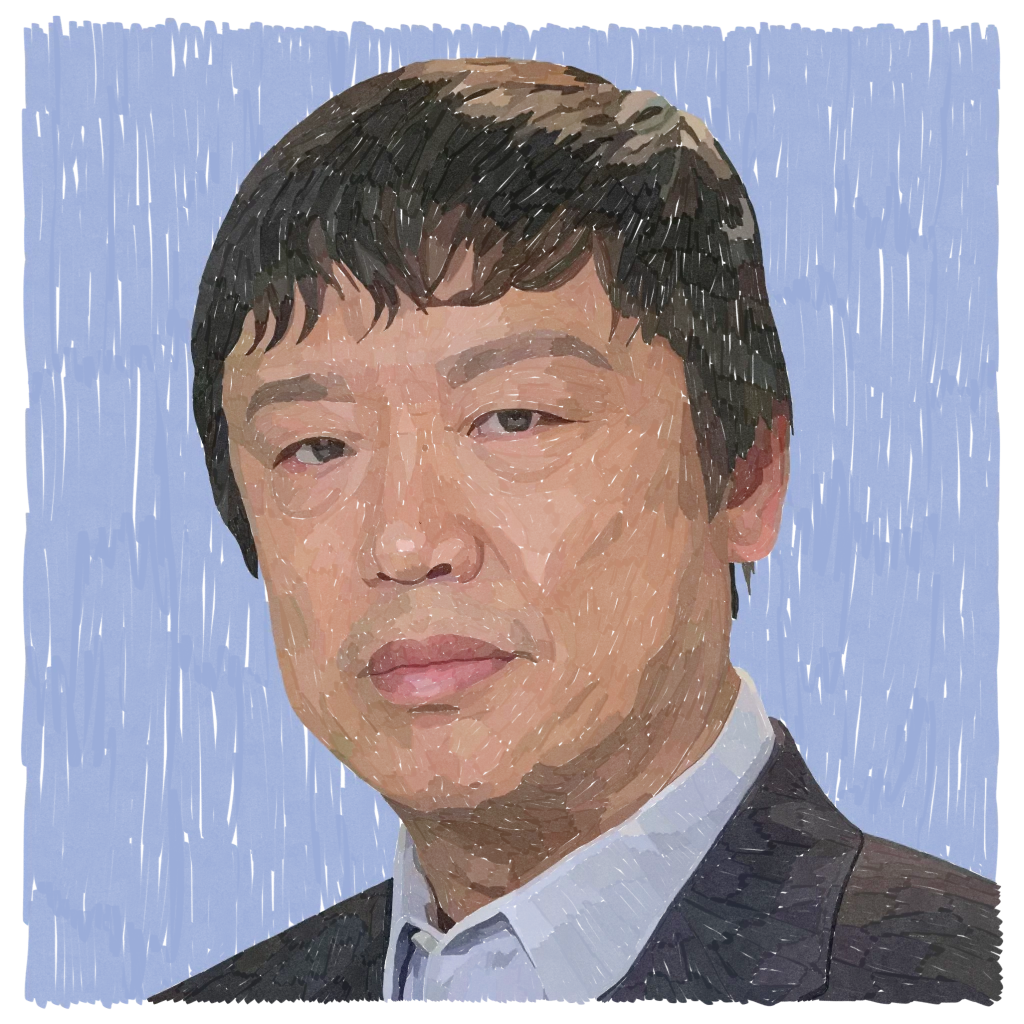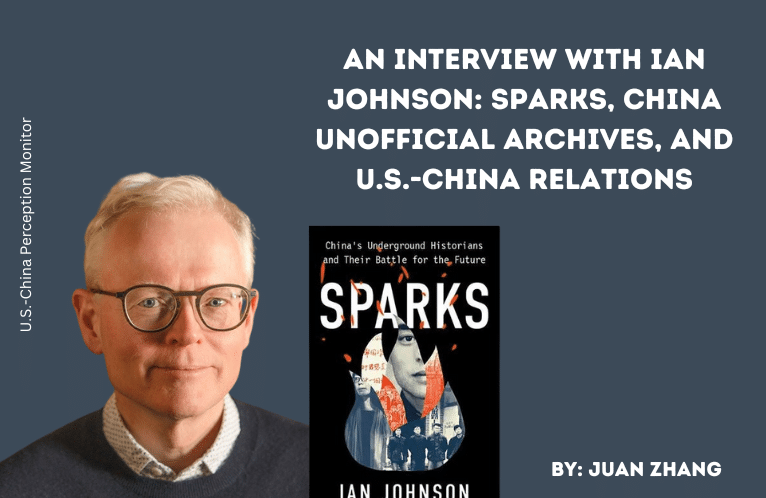Significance and Challenges: China-U.S. Cooperation on the Fentanyl Issue
Who is Qin Gang?
UPDATE: The U.S.-China Perception Monitor broke the news of Qin Gang’s appointment on April 21, 2021. Qin has since arrived in the United States on July 28, 2021. Upon arrival, he delivered remarks to American and Chinese media, which can be found here.
Despite initial expectations that Cui Tiankai, a veteran diplomat and the longest serving Chinese ambassador in Washington, might remain in his current post amidst worsening diplomatic tensions, the Chinese Embassy recently announced that Ambassador Cui will soon depart. Cui’s retirement is unsurprising. At age 68 (five years past China’s mandatory retirement age), Cui signaled his intention to retire in an interview with a U.S. government official last year. There was previously widespread speculation about his possible replacement, including figures such as Zheng Zeguang, Ma Zhaoxu, Le Yucheng, and Liu Jieyi, among others.
Cui will certainly be missed. Susan Thornton, a former American diplomat and now Senior Fellow at Yale Law School’s Paul Tsai China Center, told USCNPM that “[Cui] brought a calm sensibility that was badly needed during his time in Washington, and he certainly did everything he could to steady things in unsteady times. It is a quality that we all need more of.” Pending announcement and approval by the two governments, the next Chinese ambassador to the U.S. will be Qin Gang.
Qin Gang (秦刚) was born in Tianjin in March 1966. Enrolling at the University of International Relations (国际关系学院) in Beijing, Qin graduated with a degree in international politics in 1988, and began his career as a staff member in Beijing Service Bureau for Diplomatic Missions that year. Between 1992 and 2002, Qin’s diplomatic service specialized in European affairs, holding secretarial and directorial posts in Ministry of Foreign Affair’s Department of West European Affairs. Between 2002 and 2005, he served as counselor, and later minister (2010-2011), to the Embassy of the People’s Republic of China in the United Kingdom of Great Britain and Northern Ireland.
Between 2005 and 2010, Qin served as the Deputy Director-General of the Information Department at the Ministry of Foreign Affairs before becoming its Director-General in 2011 (the post presently occupied by Hua Chunying). In 2014, he became Director-General of the Protocol Department and was promoted to Assistant Minister of Foreign Affairs. At merely 49 years old, Qin became the Vice Minister of Foreign Affairs of the People’s Republic of China in 2018. Considering his top positions in two of the most important departments of the Foreign Ministry, Qin has a very high diplomatic profile.
Considering his previous posts in the Foreign Ministry, Qin’s comments on major issues in Chinese foreign policy bear no surprises. His diplomatic style appears more tempered than other Chinese spokespersons, such as Zhao Lijian and Hua Chunying, but he frequently expresses a more strident tone than Cui Tiankai. For example, Qin recently described countries that ‘smeared’ China for its human rights abuses in Xinjiang as “evil wolves” during a China-CEEC Summit press briefing. Later in March, Qin summoned the British Ambassador to China to condemn the U.K.’s sanctions against China over the human rights crisis in Xinjiang.
Unlike many of his predecessors, it appears Qin does not have any meaningful exposure to the United States, not even after he assumed the position of Vice Minister. Of course, as directors-general of both the Information and Protocol departments of the Foreign Ministry, he will have dealt with U.S.-related issues on daily basis, but this does not provide the same experience as service in the U.S., such as in the Chinese Embassy, any of its five U.S. consulates, or serving in the Department of North American and Oceanic Affairs. Perhaps this time around China is acting similarly to how the U.S. often makes ambassadorial assignments: sending people the president can trust, and not necessarily those with the deepest experience in the country.
As Thornton described, “[Qin] had the two hardest jobs in the Ministry: spokesperson and Protocol. The person in these positions has the trust of, and would be close to, especially the Minister, but also top leaders in the Chinese government.” “Being in Washington is different, obviously, from being in Beijing,” she continued, “but I think it is a good sign that China continues to send its top people here, and I wish Ambassador Qin success.”









